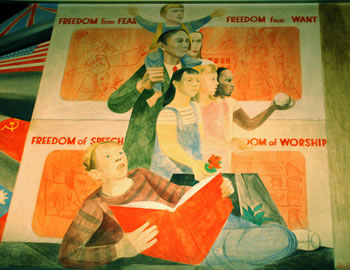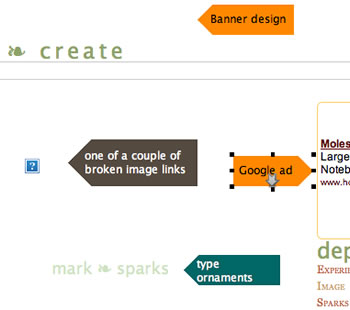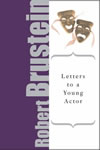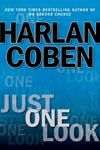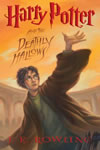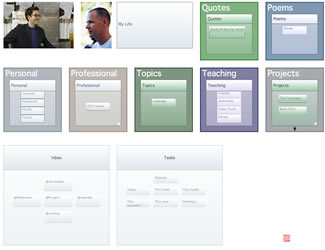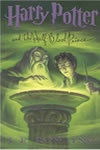Emily Short writes a long and thoughtful discussion of hypertext fiction, sculptural hypertext, and their relationship to interactive fiction. She prefers IF to hypertext fiction, but her judgment and taste are broad enough to appreciate what hypertext writes like Michael Joyce are trying to do.
The post concludes with the first sensible response to my (2001) argument, My Friend Hamlet, of which I am aware.
Bernstein writes:
Even if we could experience Hamlet on the holodeck [referring to Janet Murray’s image of fully interactive literature], it wouldn’t work. Tragedy requires that characters be blind (as we ourselves, at times, are blind); if you let a sane and sensible reader into the room, everything is bound to collapse. (47)
…and that’s true, but it doesn’t observe the player/protagonist separation that we have often talked about in the IF community. Nick Montfort has written about how the protagonist’s character often emerges from what the game doesn’t allow the player to do (see his article in Second Person). When we keep in mind that a sane reader/player can manipulate and guide a blind/misguided protagonist, the problem seems less paradoxical.
I don’t quite accept the Aristotelian formulation that tragic characters must have a tragic flaw — at least, Aristotle’s description of tragedy is as often wrong as right, when we hold actual Greek plays up to it, and I don’t find that it works any more consistently as a guide to more recent literature — but we might amend the tragic flaw to “a tragic limitation”: some inability to see the truth, some lack of self-control, some fatal inclination, which makes the hero less than a god, and traps him into the story as it happens. This might be juster to the Greek than the traditional translation anyway: hamartia is a missing of the mark in archery, the slipping of a foot on a dangerous slope. Ethically, it is an unintentional crime, a manslaughter rather than a murder, as well as (in the New Testament) a sin.
Well done! But we can't travel too far down this road: if our story is about the hero's hamartia and its consequences, we're already on the border of comedy (Some Like It Hot) or, if we must end unhappily, melodrama (The Winslow Boy) and fable (Saul, Long Day's Journey Into Night, Babylon 5). But this is fine work: a reasoned response, actual examples and counter-examples, real criticism of real hypertexts.
I wasn't actually talking about ate and hamartia, or not only about them: there's a simple logistical contradiction that lies at the heart of IF. You're the hero. You're in a tight spot. Things seem hopeless.
>What do you do?
>
Well, what would you do? What would James Bond do, or wily Ulysses? They'd do something brilliant, totally unexpected, something nobody would have thought of. They'd do the one perfect thing that only they could do to get out of this tight spot.
So, you rack your brains. And you come up with something incredibly clever, unexpected, and far-fetched. Something perfect! But I'm just a writer, not a hero: have I thought of your incredibly clever strategem? If I have, you're deflated: it's not heroic after all, it was just a puzzle and you've supplied the correct answer. A tough puzzle, maybe, but (obviously) the author was here before you.
And if I have not been here before, the game's going to say, "I don't understand." So, heads you lose, and tails you lose.
Emily Short will be on a Hypertext '07 Panel on Hypertext Tragedy with J. Nathan Matias, N. J. Lowe, and Dave Millard. This panel alone might be worth booking a flight to Manchester next month, September 10-12.

